Machine Learning for Decision Makers
This Webinar is over and recording is available on Facebook: https://www.facebook.com/watch/?v=264344744624081
Questions, outlandish just a few years ago are extremely relevant today:
- Can a machine author the next blockbuster screenplay?
- How can a computer detect a tumor – more accurately than a human doctor?
- They are already better than our chess players. How soon will be have a better Messi?
- Can an app help me to converse seamless with a native of a foreign language?
- How do we know when a machine is making a mistake?
- Like human brains can machine brains be brainwashed – to do a sinister bidding?
- Why does this version of digital revolution seem to be fundamentally different?
Discuss and discover the answers at the IIITB Webinar Series on Machine Learning for Decision Makers starting on June 8th, 2020.
Background
Availability of large amounts of data and large, powerful, affordable machines to crunch them seems to make machines, well, superhuman!
In 2019, humans achieved an important milestone – finally a computer with more computing power (100,000 Trillion instructions per second) and memory (25,000 TB) than the human brain (10,000 TIPS and 10,000 TB). This power, however, came at a cost – the machine consumes 1M time more energy to operate compared to the human brain.
Innovations opens enormous opportunities carefully harnessed can have a deep and lasting impact to our communities. At the same time there are pitfalls, limitations, challenges that needs careful consideration.
Event Details
The webinar series makes a serious attempt to provide a well-informed and balanced view on the novelty, opportunity, challenges, and Impact of these technologies.
The series is designed as a set of 4 webinars. The first one is an interactive panel discussion with eminent faculty from the area of machine intelligence as well as digital society. The objective of this session is to identify areas of interest amongst the audience. This will be followed by 3 webinars where the faculty will take your through a technology journey through case studies, and analyze through the soft lenses of access, fairness, accountability, and privacy.
Date: 8th June 2:00 PM
Who should attend
The series is targeted at people who are senior decision-makers in government and corporate, who are involved in the digital transformation of their departments or organizations. We expect no previous knowledge of these technologies from the audience members.
Panel Members
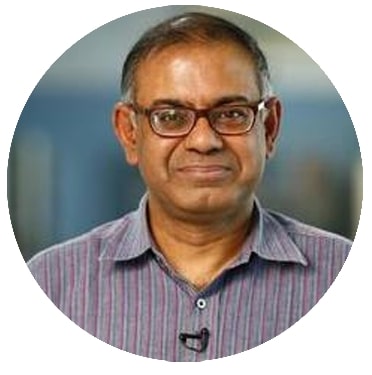
Prof. G Srinivasaraghavan
G. Srinivasaraghavan, PhD is a Partner at Performance Engineering Associates. He has a PhD in Computer Science from the Indian Institute of Technology Kanpur and has over 18 years of industry experience.
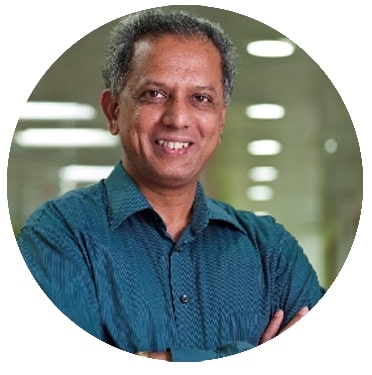
Prof. V. Ramasubramanian
Ramasubramanian obtained his B.S. degree from the University of Madras in 1981, B.E. degree from Indian Institute of Science, Bangalore in 1984 and the Ph.D. degree from Tata Institute of Fundamental Research (TIFR), Bombay in 1992.
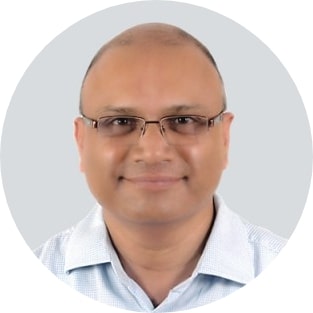
Prof. V. Sridhar
V. Sridhar is Professor at the Centre for IT and Public Policy at the International Institute of Information Technology Bangalore (IIITB), India. He has published many articles in peer-reviewed leading telecom and information systems journals.
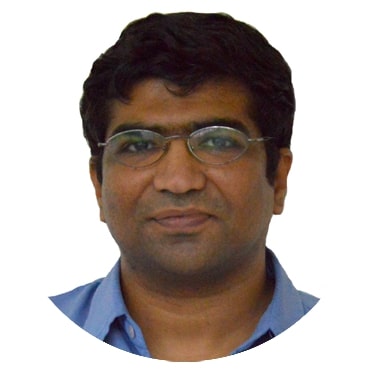
Prof. Srinath Srinivasa
Srinath Srinivasa heads the Web Science lab and is the Dean (R&D) at IIIT Bangalore, India. He holds a Ph.D (magna cum laude) from the Berlin Brandenburg Graduate School for Distributed Information Systems (GkVI) Germany, an M.S. (by Research) from IIT-Madras and B.E. from NIE Mysore.
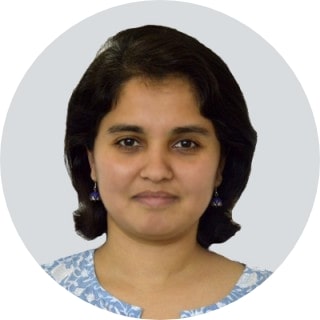
Prof. Janaki Srinivasan
Janaki Srinivasan’s research examines the political economy of information technology-based development initiatives. She uses ethnographic research to examine how gender, caste and class shape the use of such technologies.
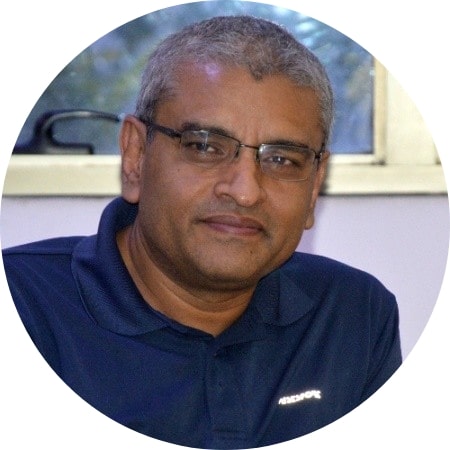
Tridib Roy Chowdhury
Tridib has over 30 years of experience in starting and building software businesses for startups and large MNCs in India and USA with a history of 11 new global product launches and 80+ product releases and starting 6 successful product businesses and multiple patents.
